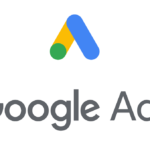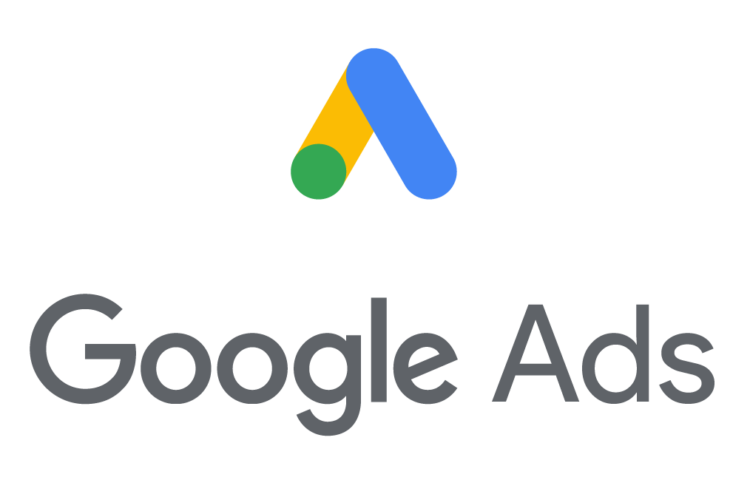
If you are looking to build long-term visibility for your website, it is important to establish how you will carry out your SEO campaign. Building a strong foundation is extremely important and can be done by creating a plan of action on how you will achieve the results you want!
If you were to hire an agency, they would start off by preparing an in-depth strategy that is going to perform for your site and the specific industry. CB Digital Marketing, an agency based in Central London says,
“Fundamentally the success of your campaign stems from the research and planning stages. Without this, you are going into the vast world of SEO blind!”
We have broken down this guide into 5 key areas that need consideration within your SEO plan:
- Keyword Research & Competitor Analysis
- Reviewing User Intent
- Mobile-First Approach
- Technical SEO auditing
- Content creation & optimisation
1- Keyword Research & Competitor Analysis
Before you can start the technical and landing page optimisation, you need to know what searches you want to appear in. Keyword research is arguably the most important stage in creating an SEO plan because it will influence the direction you take in your strategy.
To be able to put together a list of keywords to target, it is recommended you can identify your key competitors in the industry. Once you have this list you could use a range of SEO tools available to identify what keywords they are ranking for which can influence which ones you may want to target.
Even if you don’t have access to any professional SEO systems, you can even generate a list of initial broad keywords (you can even pull this from your services or key USPs on your website pages) and use a tool such as Google Ads Keyword Planner, which is a tool for PPC but it will also give you up-to-date volumes and suggested terms to target.
After you have your long list of potential keywords, you will be able to analyse this to work out which ones are worth targeting using metrics such as keyword difficulty, volume and relevance.
2- Reviewing User Intent
You may now have a list of keywords ready to target, but what other considerations may be needed before you go full speed ahead in optimisation?
Well, one important element to consider is your user intent and ensuring the target audience will engage with your site. The best way to initially see if you are targeting the right users is by just putting your keywords into Google and looking at the results that appear… Are they relevant to your business or website?
One example of this may be that your focus keyword is ‘interior designer’, but the results end up showing a list of educational sites offering interior design courses. This means if you aim to rank for this but aren’t offering the same, users will not engage on your site or you might even struggle to rank altogether due to a low overall Click-through-rate.
From this, you will need to evaluate what type of search you are targeting. This could be a localised search, product search, knowledge search or a direct search.
3- Mobile-First Approach
So what do mobile devices have to do with SEO? Well since July 2019 Google will default to crawl and index your site on mobile first. This means that if your site is not technically optimised to work responsively on smaller screen sizes, then this is likely to negatively impact your performance within an organic search. It is recommended you test your site speed on mobile to ensure it isn’t slow and can meet Google’s Core Web Vitals which has in recent years become an important ranking factor.
As well as site speed and the way your site is crawled; there is another important consideration for your site on mobile – User flow.
When someone lands on your site you need to make sure there is a clear journey with Call-to-actions and headers that your audience can follow. This needs to be reflected the same when viewing on mobile devices as well. Google looks at elements such as text size and content width and will flag up any errors within the search console’s mobile usability report.
4- Technical SEO auditing
It is also important that you carry out a regular check of your site from a technical perspective. Running a monthly SEO audit of your site will allow you to ensure no critical errors are preventing your site from performing and will ensure that any existing organic growth is not lost.
Looking for issues such as orphan pages (pages that have no links to them), 404 error pages, broken links or missing metadata is going to be a key step in maintaining optimal site health.
Pro tools such as SEMrush and Ahrefs are great at running automatic and regular audits so you stay on top of things, however, they come with a bit of a cost. This shouldn’t stop you from investigating your site, and there are many free tools out there that will be able to flag up any problems. Making sure your site is set up in Google Search Console is also a key step as it will notify you of any issues they identify with their crawl-bots.
5- Content creation & optimisation
Our last point is about Content, and content is always key when it comes to any form of digital marketing, especially SEO. Making sure your site is loaded with well-written and descriptive wording, as well as rich media like videos and images, is going to be such an important factor in gaining visibility. Gone are the days of keyword smashing and saturating pages of content with repetitive wording to just appear in the top spot of a search. Now Google prefers natural language that is going to engage a user. It is a good idea to ensure you are using a keyword theme throughout by making sure relating terms to your focus keyword are also used to indicate your landing page as a reliable source of information.
As well as initial landing page content, you should potentially consider including ongoing content creation for guides, articles, news and blogs within your SEO plan. This will ensure your site maintains a good freshness score and enhance your rankability for more related search terms to your industry.
Remember this may just be the foundation of your strategy and most likely will become an ever-evolving journey to reach your goals!





